Revolutionising Healthcare: 7 Key Trends To Watch Out For In 2023-2025
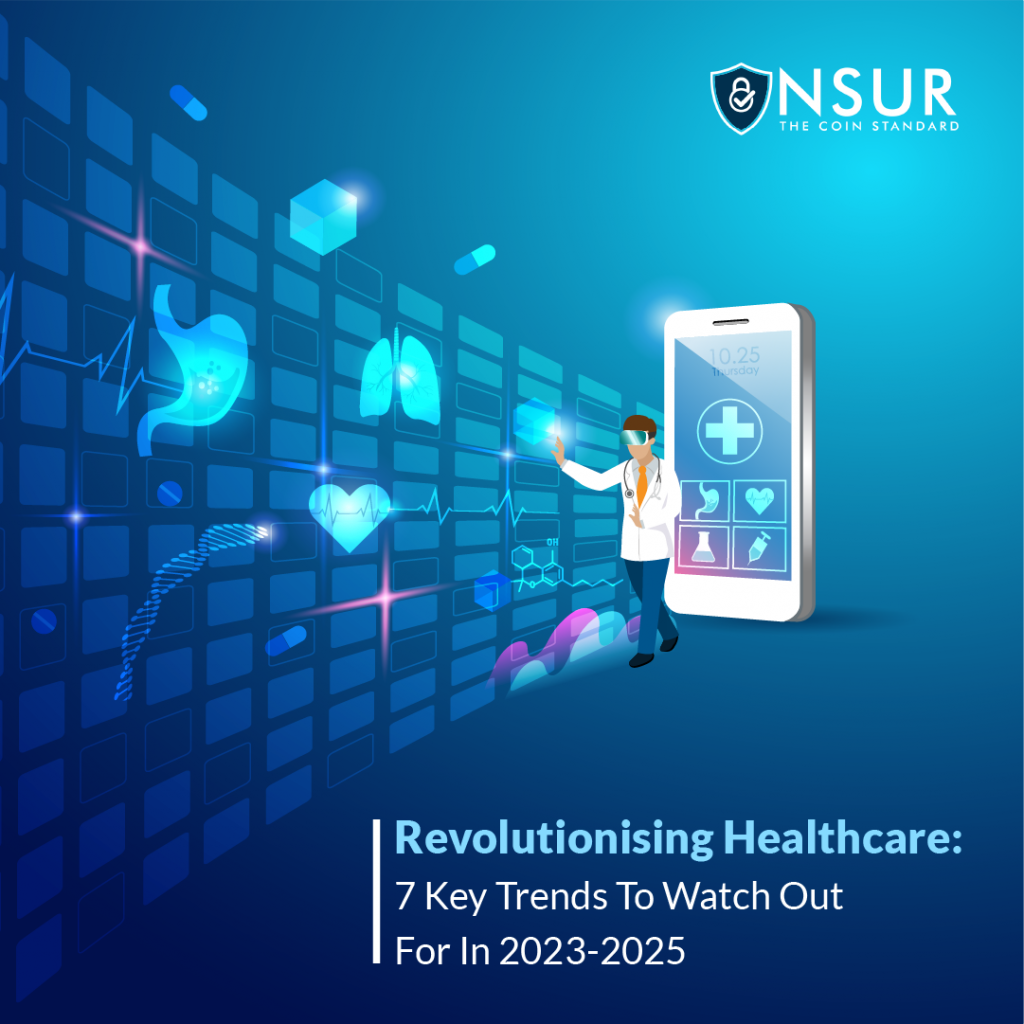
We are witnessing a continuous transformation in the healthcare industry over the past decade, and the year 2023 will not be any different. Technology is changing healthcare trends to meet the changing needs of society. The world will experience increased awareness, with key focuses ranging from the implementation of digital healthcare innovations to population health […]
Managing Vasomotor Symptoms: Triggers and Treatment Options

When you have vasomotor symptoms, such as hot flashes and nocturnal sweats, you probably want relief. Thankfully, you have a variety of alternatives to help you find exactly that. Prescription drugs, over-the-counter therapies, and lifestyle modifications can all affect how frequently and how severe your symptoms are. Menopause can occur at any age, commonly between […]
The Uses and Possible Side Effects of Ella (Ulipristal)

Ella is a prescription medication used to prevent pregnancy as an emergency contraception. Ella can be taken alone or in combination with other drugs. Ella belongs to a pharmacological class known as Progestin Receptor Modulators. Ella is not confirmed to be safe or effective in children under the age of 18. It is not accessible […]
ChatGPT’s Insights on Revolutionizing Healthcare with AI: Our Analysis and Thoughts
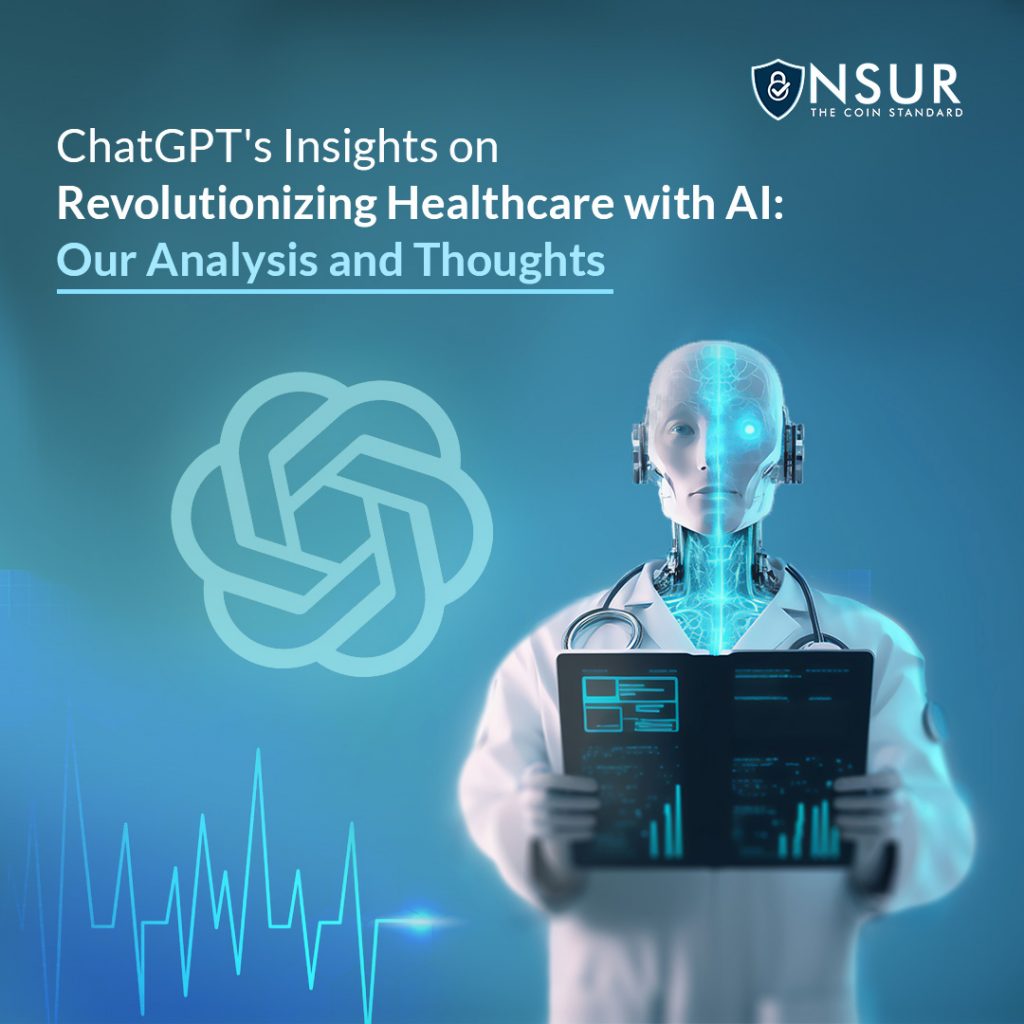
We asked ChatGPT how it can revolutionize healthcare. Here are the answers we received, along with our thoughts on them. Artificial intelligence has been transforming various sectors, and healthcare is no exception. With the increasing amount of healthcare data, healthcare providers need to leverage the power of AI to improve patient outcomes and reduce healthcare […]
Magnesium: A Comprehensive Guide to its Benefits, Uses, and Side Effects

Magnesium is a mineral that is essential for the body’s healthy bone structure. People absorb magnesium from their food, but if magnesium levels are low, magnesium supplements may be required. Magnesium is required in your body for over 300 enzyme systems! Low magnesium levels have been associated with disorders such as osteoporosis, hypertension, blocked arteries, […]
Dietary Options for Lowering Potassium Levels
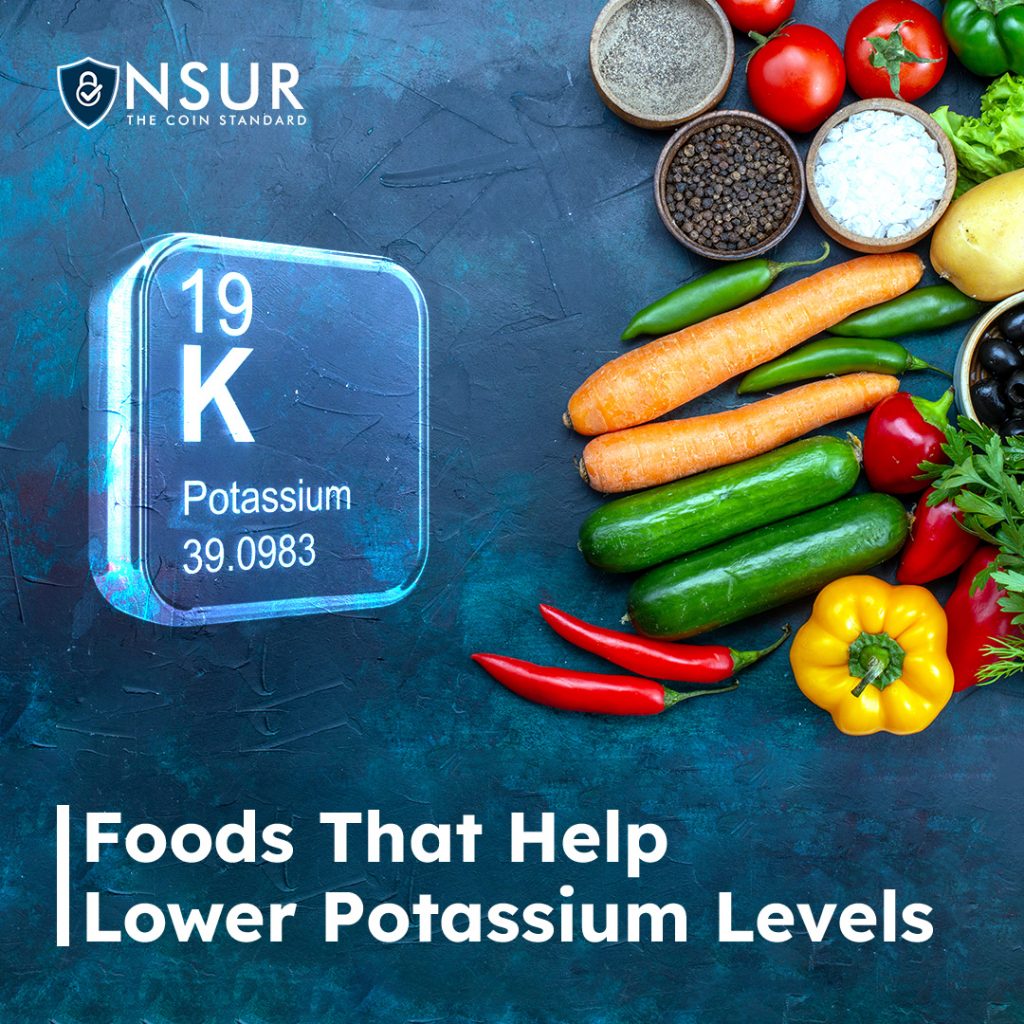
Potassium is a mineral found in many foods that serves numerous critical functions in the body, including maintaining fluid equilibrium. Too much potassium in your blood can cause cardiac arrest, which occurs when your heart suddenly stops beating. The kidneys normally filter the blood and help regulate potassium levels, but several medical conditions can limit […]
Effexor XR: Usage, Dosage, and Side Effects
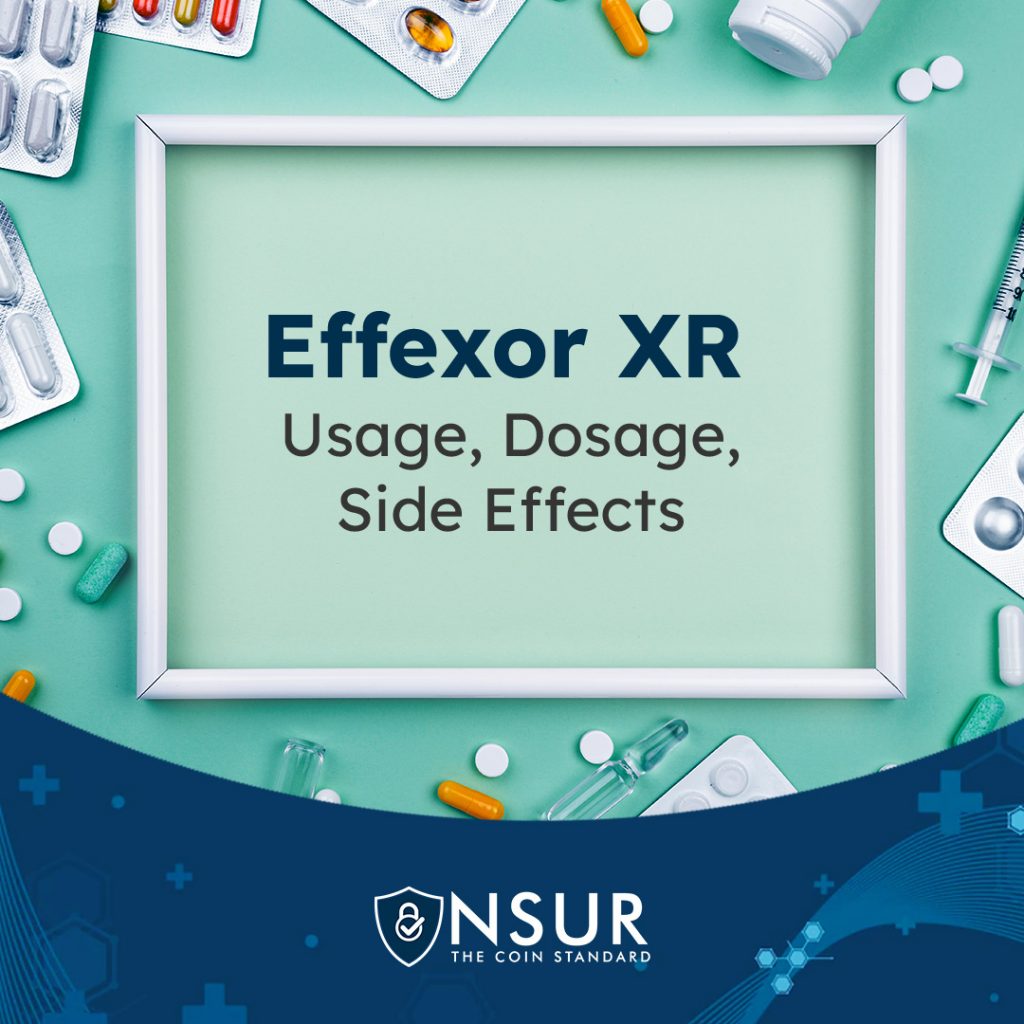
Effexor XR, also known as Venlafaxine, is a prescription medication used to treat depression, anxiety, panic attacks, and social anxiety disorder (social phobia). It may improve your mood and energy level, as well as help you restore interest in daily life. It may also relieve stress, fear, and unwanted thoughts, in addition to reducing the […]
Synthetic Records: Embracing the Potential of AI in Healthcare
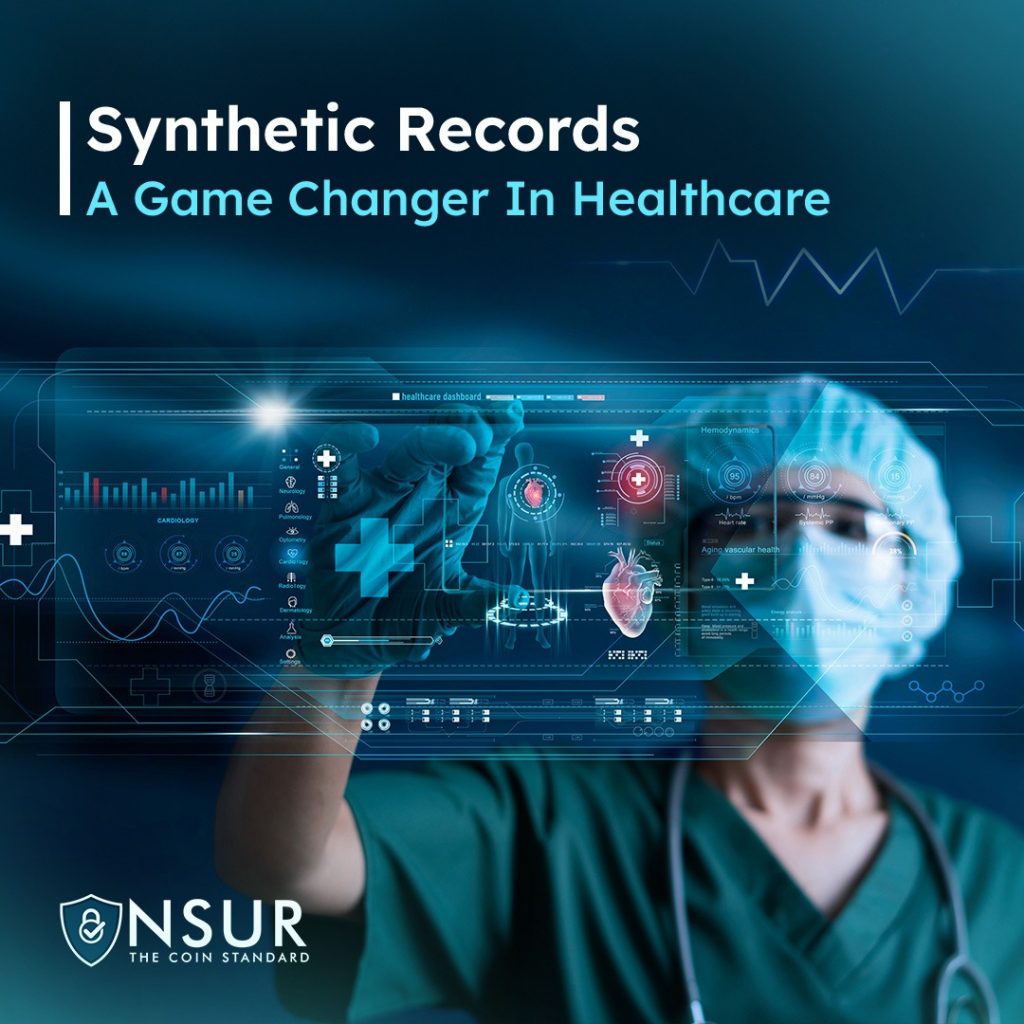
Synthetic data is transforming the healthcare industry, reshaping it from a traditional to a more efficient and cost-effective system. Artificial intelligence (AI) algorithms generate synthetic data, which can be used to create realistic scenarios and provide ideas into how healthcare systems can be improved. Synthetic data can be used to train AI algorithms, create novel […]
Daclatasvir Tablets: Uses, Dosage, and Side Effects
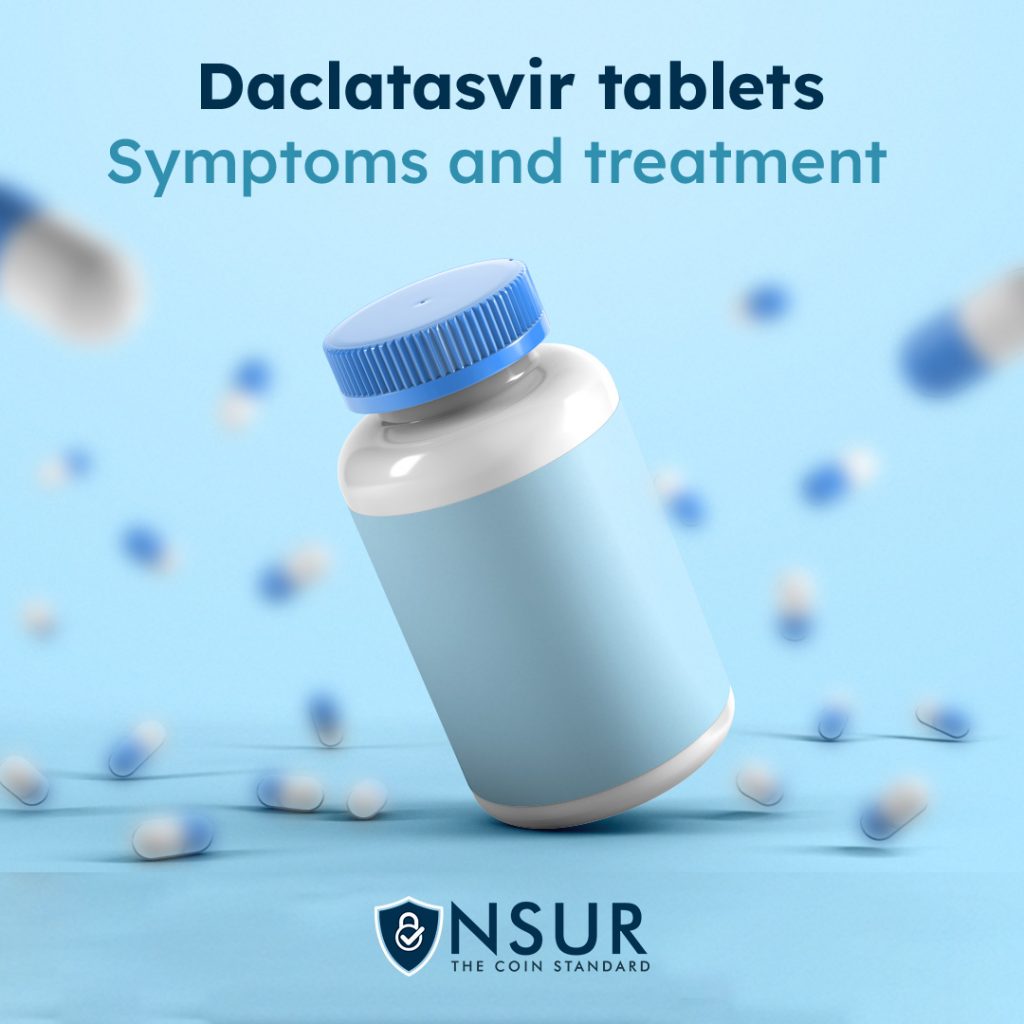
Daclatasvir Tablets also known as Daklinza is a prescription medication usually taken with sofosbuvir. Daclatasvir and sofosbuvir may also be used in conjunction with other antiviral medications (ribavirin). These treatments work together to limit the quantity of hepatitis C virus in your body, which aids your immune system in fighting the illness and may aid […]
Type 1 Diabetes: Causes and Risk Factors
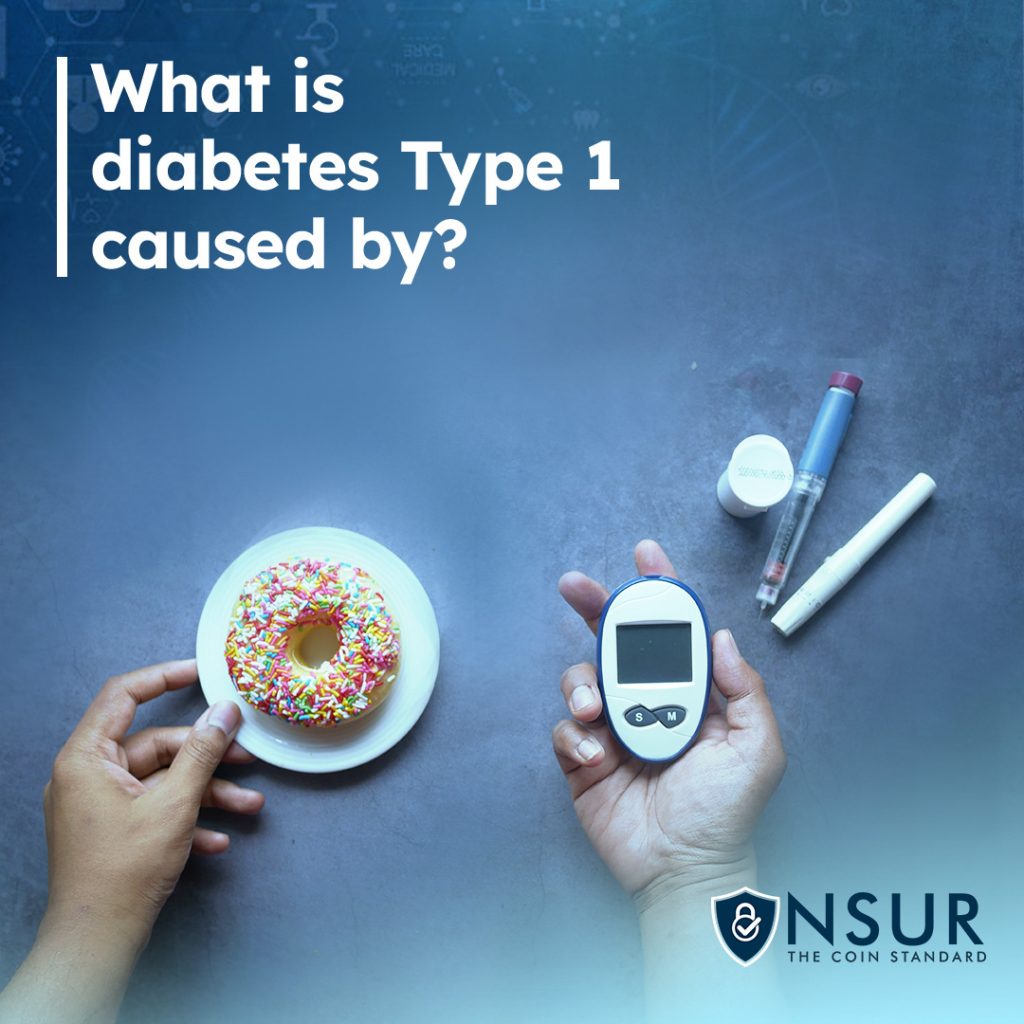
Type 1 diabetes, often known as juvenile diabetes or insulin-dependent diabetes, is a chronic illness. In this disease, the pancreas produces little or no insulin. Insulin is a hormone that the body produces to allow sugar (glucose) into cells to make energy. An immunological response is considered to be the cause of type 1 diabetes […]